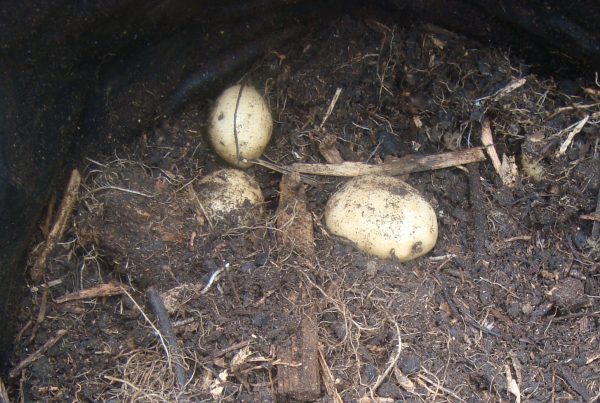Education discourse, like many professions, is littered with acronyms like NZQA, NCEA, RTLBs and ESOL. One acronym that I especially dislike is the abbreviation for gifted and talented education: GATE. Supposedly, this acronym should conjure up an image of a welcoming entrance leading to further enriched or accelerated educational programmes, but to me, I am reminded of students being ‘gated’ and confined to school grounds as a punishment. However, semantics aside, I do strongly believe in the notion of GATE and the provision of differentiated programmes for very able students, which is a legal requirement in our schools.
This was passed into law as a result of a significant investigation of gifted education undertaken by the Ministry of Education in 2002 that produced a milestone report from Massey University, The Extent, Nature and Effectiveness of Planned Approaches in New Zealand Schools for Providing for Gifted and Talented Students. From this document sprung a number of initiatives, most significant of all being the amendment to the National Administration Guidelines instructing each school board of trustees, through the principal and staff, “to identify students who have special needs (including gifted and talented students)” and then to develop and implement appropriate teaching and learning strategies to meet their particular requirements.
Last month, Massey University released a report written by gifted education specialists Associate Professor Tracy Riley and Waikato University’s Dr Brenda Bicknell. They surveyed primary and secondary schools to find out whether gifted learner programmes had improved in the education systems since 2002. They found that with the current sharp focus on lifting the achievement of underachievers, referred to as ‘priority learners’, funding to support gifted education programmes had been reduced. They concluded that our brightest students may not be getting the targeted programmes they needed to realise their potential. If this is correct, it is of concern to us all as New Zealanders.
Most likely those very able students in our schools are our future leaders in business, education, medicine and politics. They are precious human capital and as such must be empowered to develop their considerable abilities and qualities.
I wince when I hear the comment that because a particular student is very able they will thrive regardless of the educational opportunities offered. This shows little understanding of ‘giftedness’. Although gifted students possess exceptional capabilities, most cannot excel without assistance. They require both academic and emotional support through understanding, acceptance and encouragement — especially, I would add, in our society, where ‘tall poppies’, with the exception of sporting high-flyers, are often cut down.
That gifted and talented learners are found in every cultural group and in both genders within society is of great significance. In A Room of One’s Own, writer Virginia Woolf envisages the life of Judith, an imaginary sister of William Shakespeare. Equally as gifted as her acclaimed brother, Judith Shakespeare does not have the benefit of a grammar school education nor the freedom to don doublet and hose, run away to London and join a theatre company. In Woolf’s view, “any woman born with a great gift in the sixteenth century would certainly have gone crazed, shot herself, or ended her days in some lonely cottage outside the village, half-witch, half-wizard, feared and mocked at”. As a free man from a middle-class background, William Shakespeare thankfully did have the opportunities to develop his extraordinary talent and the world is a much brighter place because of his legacy. However, Woolf’s example does highlight the fact that without opportunity, ‘gifts’ can be wasted or misdirected.
It is tantalising to imagine what would have been the demeanour and on-going legacy of Judith Shakespeare’s version of Lady Macbeth.



